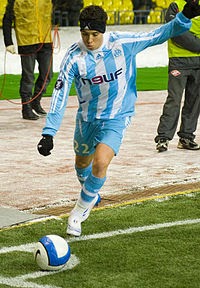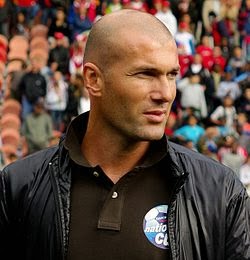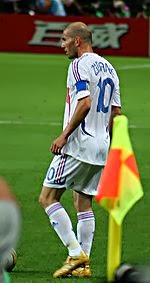The 2020 UEFA European Football Championship, commonly referred to as 2020 UEFA European Championship, UEFA Euro 2020, or simply Euro 2020, is the 16th UEFA European Championship, the quadrennial international men’s football championship of Europe organised by the Union of European Football Associations (UEFA). The tournament, being held in 11 cities in 11 UEFA countries, was originally scheduled from 12 June to 12 July 2020, but was postponed due to the COVID-19 pandemic in Europe and rescheduled for 11 June to 11 July 2021. It retains the name “UEFA Euro 2020”. Portugal are the defending champions, having won the 2016 competition in France, and the video assistant referee (VAR) system makes its debut at the European Championship in this tournament.
UEFA President Michel Platini said in 2012 that the tournament was to be hosted in several nations as a “romantic” one-off event to celebrate the 60th “birthday” of the European Championship competition. Having the largest capacity of any of the stadiums entered for the competition, Wembley Stadium in London is scheduled to host the semi-finals and final for the second time, having done so before at the 1996 tournament in the stadium’s former incarnation. The Stadio Olimpico in Rome was chosen to host the opening game, involving Turkey and hosts Italy. Originally to be played at 13 venues, two hosts were later removed: Brussels in December 2017 due to the abandonment of building the Eurostadium,and Dublin in April 2021 as there was no guarantee that spectators could attend. Spain also changed their host city from Bilbao to Seville to allow an audience at matches.
On 31 March 2021, the UEFA Executive Committee approved the use of a maximum of five substitutions in matches at the tournament (with a sixth allowed in extra time). However, each team are only given three opportunities to make substitutions, with a fourth opportunity allowed in extra time, excluding substitutions made at half-time, before the start of extra time and at half-time in extra time. The use of five substitutes has been permitted by IFAB during the COVID-19 pandemic due to the resulting fixture congestion, which has created a greater burden on players. At the start of April 2021, UEFA also said they were considering allowing tournament squads to be expanded from the usual 23 players, following calls from national team managers in case of a possible COVID outbreak in a team, as well as to reduce player fatigue caused by the fixture congestion of the prior season. On 27 April, it was reported that the UEFA National Team Competitions Committee had approved the expansion of squads to 26 players, subject to confirmation by the UEFA Executive Committee. On 4 May 2021, the executive committee confirmed the use of 26-player squads. However, teams still may only name a maximum of 23 players on the match sheet for each tournament fixture (of which 12 are substitutes), in line with the Laws of the Game. These 23 must include three goalkeepers. It was also announced that after each team’s first match, goalkeepers may still be replaced due to physical incapacity, even if the other goalkeepers from the squad are still available.
Of the 24 teams that qualified for the tournament, 19 are returning from the 2016 edition. Among them are Belgium and Italy, who both recorded flawless qualifying campaigns (10 wins in 10 matches), defending European champions Portugal and world champions France, with Germany also qualifying for a record 13th straight European Championship. Finland and North Macedonia will make their European Championship debut, having never previously qualified for a major tournament. Scotland, a co-host of the tournament, qualified for their first major international tournament since the 1998 FIFA World Cup, and their first European Championship since 1996. The Netherlands and Denmark returned after missing out in 2016, with the Dutch featuring in a major tournament for the first time since the 2014 FIFA World Cup. For the first time, Austria, Hungary, Slovakia and Wales reached successive European Championship tournaments. Greece, winners in 2004, were the only former champions that failed to qualify, missing their second straight European Championship and third consecutive major tournament.[89] Albania, Iceland, Northern Ireland, the Republic of Ireland and Romania failed to qualify after appearing in the 2016 finals. Of the 11 host countries, seven managed to qualify directly for the tournament, while Hungary and Scotland qualified via the play-offs. Romania were eliminated in the semi-finals of the play-offs, and Azerbaijan were eliminated following the qualifying group stage. The Republic of Ireland, originally selected as a tournament host, were also eliminated in the semi-finals of the play-offs, but were later stripped of their hosting rights.
Source : Wikipedia


















